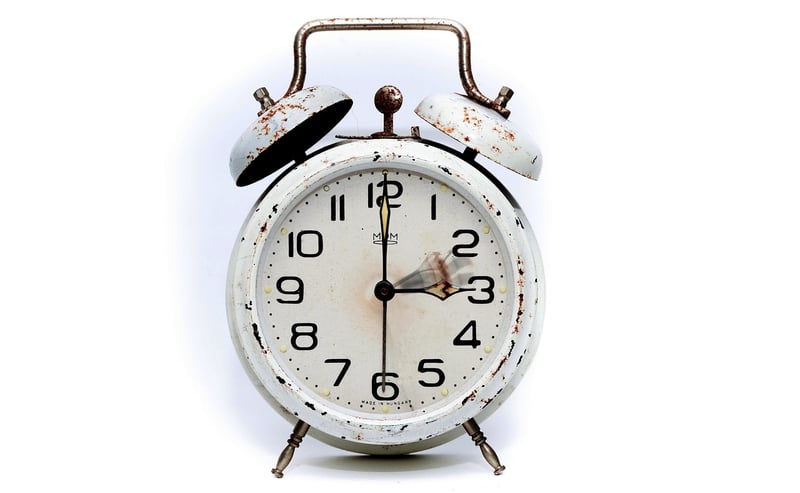Theories & Paradoxes
The Fascinating World of Time Travel: Foundations, Theories, and Paradoxes
Introduction
Time travel has been a popular concept in science fiction for decades, capturing the imagination of many. While the idea of traveling through time may seem like pure fantasy, it has also intrigued scientists and philosophers, leading to discussions about its theoretical possibility. In this article, we will explore the foundations of time travel, various theories surrounding it, and the intriguing paradoxes that come with the concept.
Foundations of Time Travel
Time travel is based on the idea of moving between different points in time, just as we move between different points in space. The concept became widely recognized with the publication of H.G. Wells' novel "The Time Machine" in 1895, where he introduced the idea of a machine that could travel through time.
Key concepts that form the foundation of time travel include the theory of relativity proposed by Albert Einstein, which suggests that time can be experienced differently depending on the relative motion of an observer. Additionally, the concept of wormholes, theoretical passages through spacetime that could create shortcuts for time travel, has been explored in physics.
Theories of Time Travel
Several theories have been proposed to explain how time travel could potentially work. One popular theory is the idea of time dilation, where time passes at different rates for objects moving at different speeds. This concept forms the basis of many time travel narratives, where characters experience time differently based on their movements.
Another theory is the concept of closed timelike curves, which are paths through spacetime that loop back on themselves, theoretically allowing for time travel to the past. While these ideas remain theoretical and have not been proven, they provide a fascinating glimpse into the possibilities of time travel.
Paradoxes of Time Travel
Time travel also brings with it a host of paradoxes that challenge our understanding of causality and the nature of reality. One famous paradox is the grandfather paradox, where a time traveler could potentially go back in time and prevent their grandparents from meeting, thus preventing their own existence.
Other paradoxes include the bootstrap paradox, where an object or information is sent back in time in an infinite loop without a clear origin, and the predestination paradox, where actions taken to prevent an event actually contribute to its occurrence.
Conclusion
While time travel remains a theoretical concept with many unanswered questions, exploring its foundations, theories, and paradoxes can be a fascinating journey into the realms of science and imagination. Whether time travel will ever become a reality or remain firmly in the realm of fiction, its enduring appeal continues to captivate audiences and spark intriguing discussions.
Image source: Pixabay

